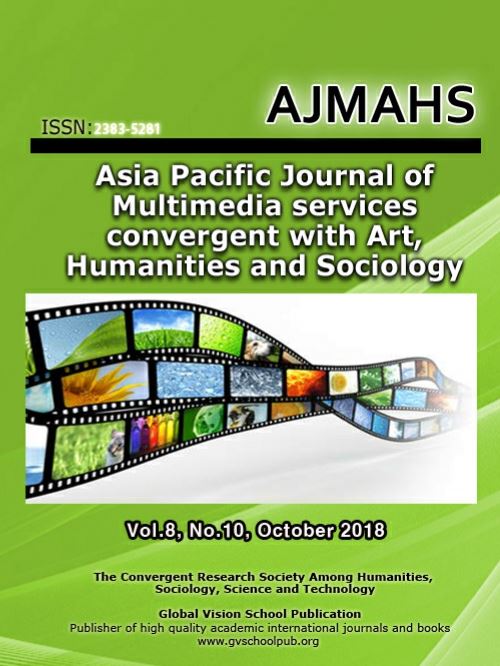항공객실승무원 자격제도의 도입에 대한 인식적 담론과 강화된 NCS의 대안
Cognitive Discourse on the Qualification System of Cabin Crew and the Alternative of the Reinforced NCS
- 인문사회과학기술융합학회
- 예술인문사회융합멀티미디어논문지
- 8권 10호
-
2018.1089 - 97 (9 pages)
- 147

이 논문은 NCS가 제공하고 있는 항공객실승무원 자격제도를 제정하지 못하고 있었던 이유를 항공사 측의 인식에서 발견하고, 그 대안으로서 NCS의 효과를 강화해야 한다고 주장한다. 이것을 증명하기 위해서 제2장은 NCS기반 자격제도가 항공서비스 품질의 향상을 비롯한 수많은 기대효과를 가지고 있음을 논하고, 제3장은 항공객실승무원 자격제도를 가진 해외국가들의 CBT를 소개한다. 그리고 제4장은 항공승무원 자격제도가 제정되지 못했던 현상에 신규사원 채용에 관여한 사람들의 인식이 중요한 이유이었음을 추론한다. 이 연구의 결과로서 항공사 면접관들은 NCS에 규정된 객실승무원 직무능력 평가항목 중 인성과 태도를 의미하는 확신성과 공감성 그리고 외모와 관련된 유형성을 우선시한 반면에 지식과 기술을 의미하는 신뢰성, 대응성, 협조성에는 상대적으로 무심한 것으로 드러났다. 해외사례에서 보듯이 항공객실승무원 자격증이 채용 전에 수여되기 위해서는 이러한 인식이 재고되어야 하며, 현재의 NCS규정을 좀 더 엄격하게 적용해야 한다.
This paper discovers why the qualification system of the cabin crew provided by the NCS has not been established in the cognition of airlines and as an alternative insists on reinforcing the effect of the NCS. To demonstrate this aspect, the second chapter says that the qualification system based on the NCS has a lot of expected effects such as improving the air service quality, and the third one introduces the CBT of foreign countries. The fourth one infers that the thoughts of the persons participating in the recruitment may have accounted for the phenomenon that the system is not enacted. Through this analysis, it is revealed that interviewers of the Korean airlines prefer assurance and empathy meaning personality and attitude and tangibility related to appearance but are indifferent to the remaining aspects of reliability, responsibility, and cooperation representing knowledge and skills in the whole evaluation criteria of cabin crew members’ competency. As seen in the examples of the foreign countries, I argue that this kind of idea should be reconsidered to supply credentials before hiring recruits, and the current NCS should be applied more rigorously
1. 서론
2. 강화된 NCS에 따른 자격제도의 기대효과: 항공서비스 품질의 향상
3. 항공객실승무원 자격제도를 가진 해외국가들의 CBT 고찰
4. 항공승무원 자격제도가 제정되지 못한 이유로서 항공사 측의 인식
5. 결론
(0)
(0)